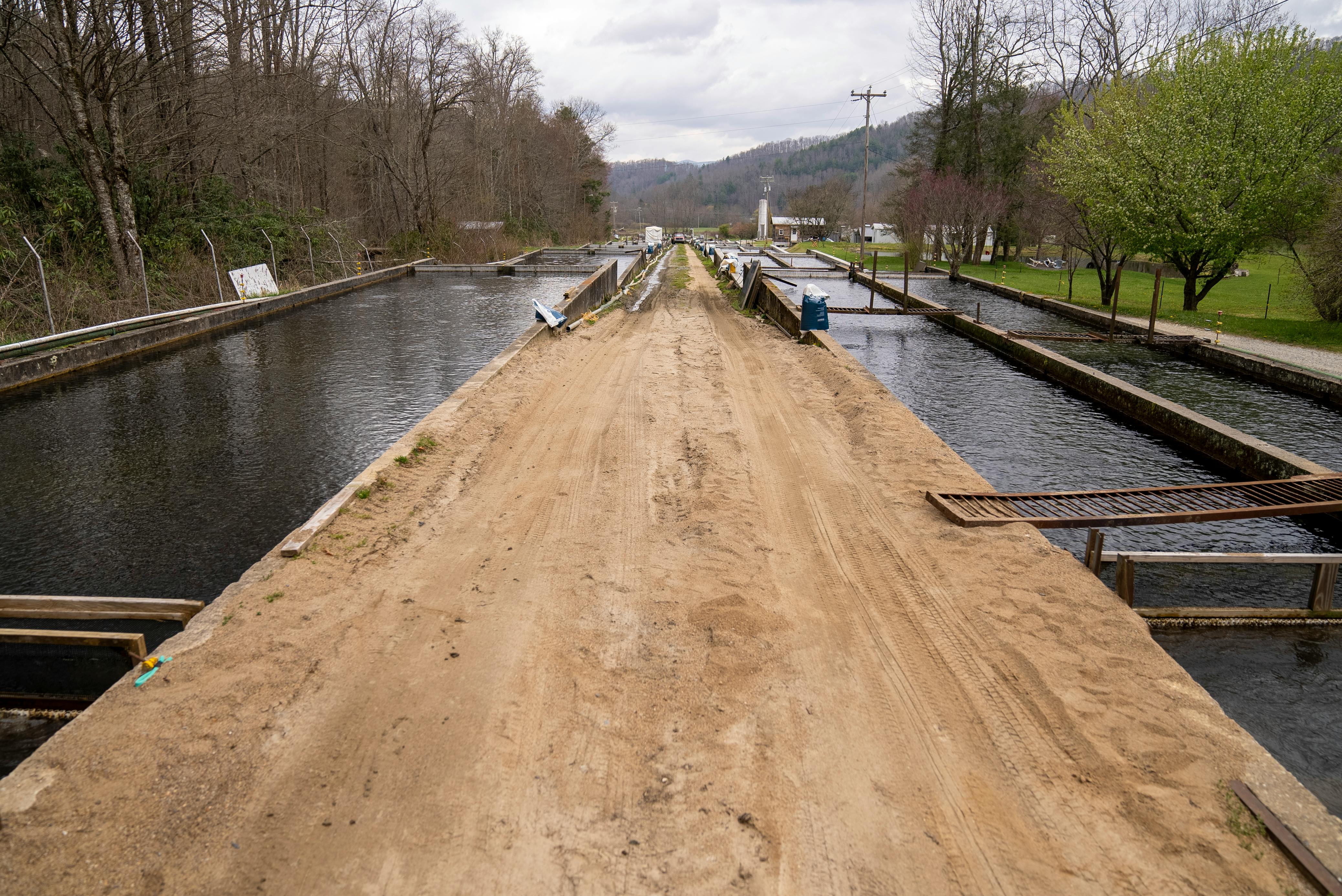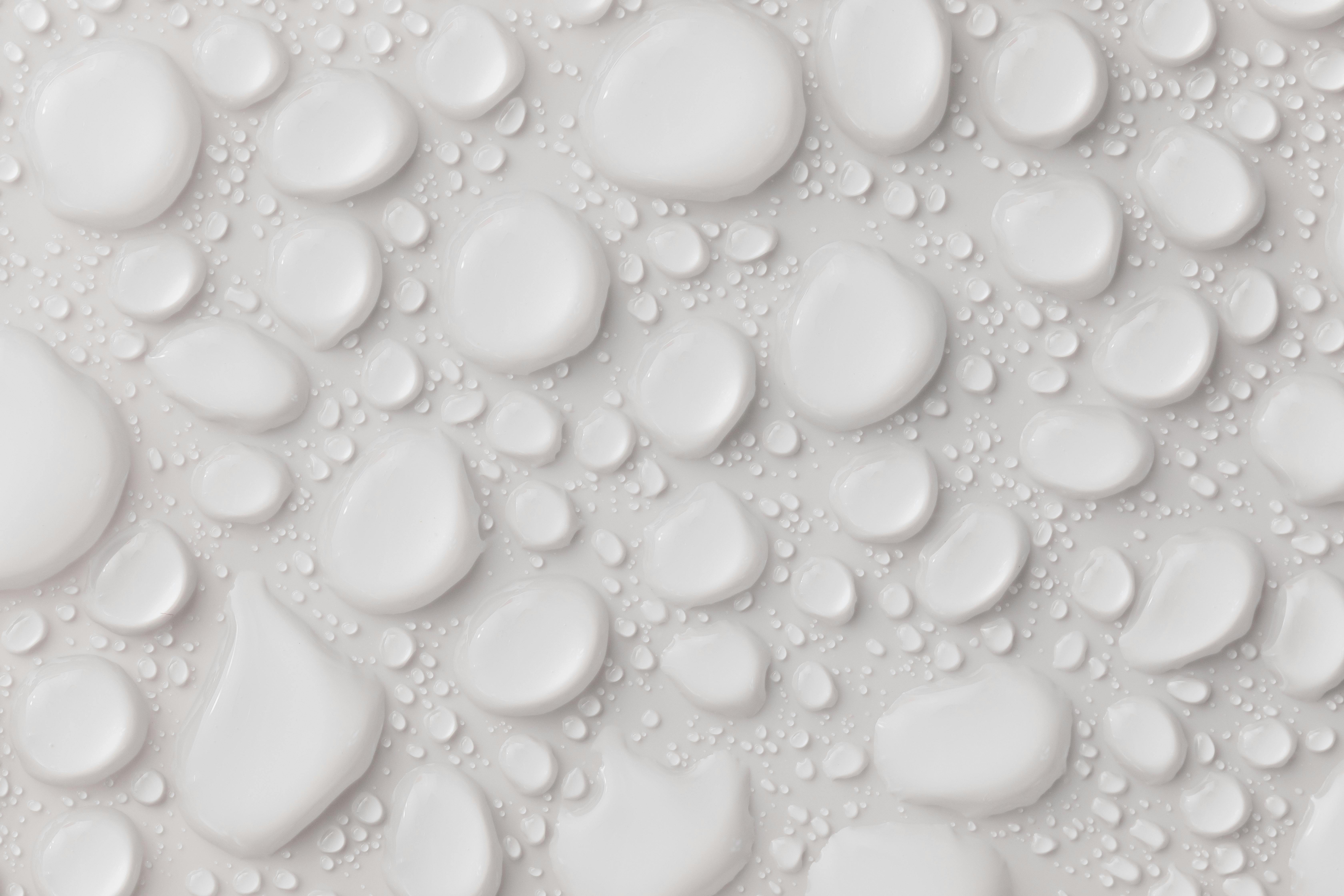Distilled Water
Distilled water is a type of purified water that has had both contaminants and minerals removed. It is created by a process called distillation, which involves boiling the water and then condensing the steam into a clean container. Distillation eliminates most impurities, including bacteria and salts, making it ideal for drinking and many other uses. Distilled water has no minerals or other nutrients, but it can still be used for cooking or cleaning. It can also be used to make beverages such as coffee and tea taste better.Distilled water is often used in medical settings because it is free of bacteria and other microorganisms which can be dangerous to patients with weakened immune systems. It is also beneficial for people with kidney issues because it does not contain any minerals that could cause further stress on their kidneys. Additionally, distilled water does not leave behind any residue like other types of purified water might, making it preferable for use in car batteries, steam irons, aquariums, humidifiers and more.
Overall, distilled water is one of the purest forms of water available and is often preferred for drinking due to its lack of contaminants or mineral
Deionized and Distilled Water
Deionized water and distilled water are both popular types of purified water, but there are some key differences between them. Deionized water is water that has had its mineral ions, such as calcium, magnesium, sodium, and other ions removed. This is done through a process known as ion exchange, which swaps out the mineral ions with hydrogen and hydroxide ions. As a result, deionized water is very pure and does not contain any dissolved minerals.Distilled water, on the other hand, is created through a process of boiling the liquid until it evaporates. The steam that results from this process is condensed back into liquid form and then collected. Since the boiling point of pure water is 212°F (100°C), this process eliminates all minerals from the liquid. Therefore, distilled water is also extremely pure.
The primary difference between deionized and distilled water lies in their chemical composition. Deionized water does not contain any dissolved minerals or salts since these are removed during the ion exchange process. Distilled water does not contain any dissolved minerals either
Physical Differences Between Deionized and Distilled Water
The physical differences between deionized and distilled water are often misunderstood. Deionized water is created by removing all of the ions from the source water, while distilled water is created by boiling the source water and collecting the steam. The two processes create very different types of water, which have very different uses.Deionized water has a much lower conductivity than distilled water, as it has had all of its ions removed. This means that deionized water does not have an electrical charge, making it ideal for use in laboratories or other applications where electrical interference could be a concern.Distilled water has a much higher conductivity than deionized water due to its source being boiled and condensed into steam. This means that distilled water can be used for cleaning or sterilizing objects as its high conductivity allows it to act as a solvent.The two types of water also differ in terms of their taste and appearance. Deionized water can often have an unpleasant taste due to its lack of minerals, while distilled water is generally tasteless due to its boiling process removing any minerals present inAdvantages of Deionized Water
Deionized water offers many advantages over regular tap water. It is free of impurities, has no contaminants, and does not require any additional treatment for use. Deionized water also has a much higher purity level than tap water, making it ideal for use in laboratories and other applications where high purity levels are required. It is also much less likely to cause corrosion or scale buildup in pipes and plumbing systems. In addition, deionized water can be used in many applications where regular tap water would not be suitable, such as in industrial processes or medical treatments. Finally, deionized water is generally much less expensive than other types of purified waters.The main advantage of using deionized water is its purity. Deionizing removes all the ions (minerals) from the water, leaving it free from any impurities or contaminants that may be present in regular tap water. This makes it ideal for use in laboratory applications and other processes where high purity levels are necessary. Additionally, deionizing removes the ions from the water which can cause corrosion and scale buildup in pipes and plumbing systems over time.

Advantages of Deionized Water
Deionized water has several advantages over other types of water, such as tap or distilled water. One of the main benefits is that it does not contain any dissolved minerals or other impurities. This makes it ideal for use in laboratories, industrial processes, and in many cleaning applications. Additionally, deionized water is also free from bacteria and other microorganisms which can be harmful to humans and animals. This means it can be used safely for drinking, cooking and other uses without the risk of contamination.Another advantage of deionized water is that it has a neutral pH level. This makes it ideal for use in many chemical reactions where the pH must remain consistent in order to produce the desired results. Additionally, its lack of minerals also means that it will not react with other substances in the same way that tap or distilled water might. This can help to reduce the chances of unwanted side effects or contamination during experiments.
Disadvantages of Deionized Water
One potential disadvantage of deionized water is that it is more expensive than otherAdvantages of Distilled Water
Distilled water has many advantages over other sources of water. It contains no contaminants or minerals, and is free from bacteria, viruses, and other microorganisms. Distilled water is also much purer than tap or bottled water, making it the best choice for drinking. Another benefit is that it can be used in many different applications, such as for cooking and cleaning. Additionally, distilled water is very affordable compared to other forms of purified water.Distilled water also has some health benefits as it does not contain any harmful contaminants or minerals that can be found in other sources of water. Consuming distilled water can help to improve one’s health by providing a pure and clean source of hydration. Furthermore, consuming distilled water on a regular basis can help to flush out toxins from the body and improve overall well-being.
Lastly, distilled water does not require any special equipment or preparation before use. It can be easily stored in bottles or containers for later use. This makes it convenient for anyone who needs a reliable source of clean drinking water but may not have access to filtered or purified sources.
Advantages of Distilled Water
Distilled water has several advantages. It is free from any contaminants, including minerals, chemicals, and bacteria. As a result, it is safe to use for drinking and cooking as the contaminants have been removed from the water. It also has a neutral taste that many people prefer to tap water. Distilled water is also used in industrial processes due to its lack of contaminants.Is Deionized Water Really Different from Distilled Water?
When comparing deionized vs distilled water, it’s essential to understand their production processes. Deionized water is created by removing ions, while distilled water is produced through boiling and condensation. Despite both being pure, their chemical compositions affect their applications, making each suitable for specific uses in laboratories and industries.
What Are the Key Distinctions Between Deionized Water and Distilled Water?
When exploring the purity of water, understanding deionized water vs distilled water is essential. Deionized water undergoes an ion-exchange process to remove charged particles, while distilled water is created through boiling and condensation, eliminating impurities. Each type serves specific purposes in laboratories, industries, and even aquariums, highlighting their unique characteristics.
Is Purified Water Suitable for Use in a Neti Pot Compared to Deionized and Distilled Water?
When considering water for a neti pot, the debate of purified vs distilled water arises. Purified water is generally safe for rinsing nasal passages, but distilled water undergoes additional filtration. Both options can be effective, yet distilled water is often preferred for its purity, reducing the risk of contaminants and irritation.
Disadvantages of Distilled Water
Although distilled water has many advantages, there are also some disadvantages associated with it. One major disadvantage is that distilled water can be expensive and difficult to obtain for everyday use. In addition, it does not contain any essential minerals or other nutrients that may be beneficial for health like calcium and magnesium which are found in tap water. Furthermore, it can be corrosive to certain metals used in plumbing systems if used over long periods of time.

